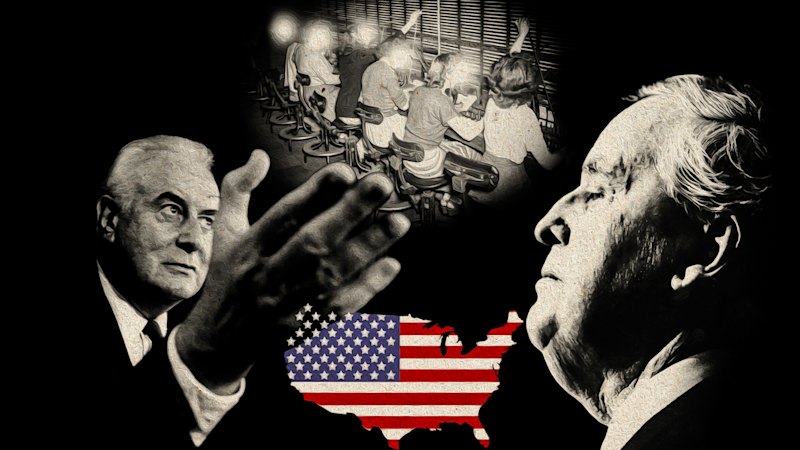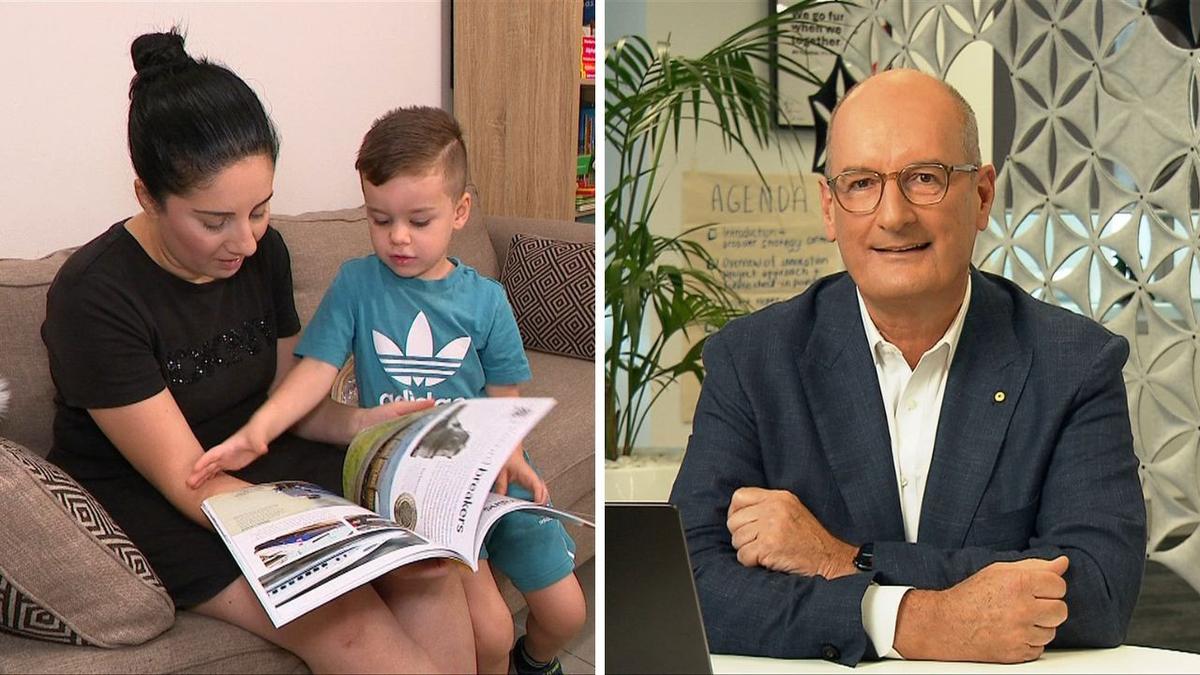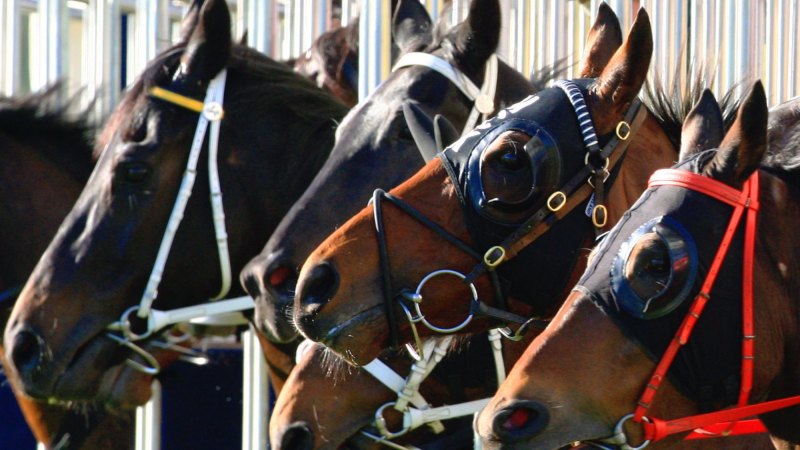
UPDATE: New revelations have emerged from the Nash family regarding a shocking political plot to undermine the Australian government in 1975. Winsome Nash, a telephonist in Brisbane, reportedly overheard a significant phone call between American Ambassador Marshall Green and Queensland Premier Joh Bjelke-Petersen that may have had dire implications for then-Prime Minister Gough Whitlam.
This urgent update comes as Australia marks the 50th anniversary of the controversial dismissal of the Whitlam government, a moment that reshaped the nation’s political landscape. The details of this extraordinary call, which Nash shared with her family, suggest a concerted effort from U.S. officials to influence Australian politics during a time of crisis.
According to her children, Barry and Helen Nash, Winsome was not a political activist, but she was politically aware as the wife of a trade unionist. On that fateful day in early July, she unknowingly became a witness to a high-stakes exchange that would haunt her for the rest of her life.
As tensions mounted in Canberra due to the Loans Affair, which had already led to the sacking of Treasurer Jim Cairns for misleading parliament, the stakes were high. The death of Queensland Labor senator Bert Milliner created a crucial vacancy that could tip the Senate balance in favor of the opposition.
Nash’s insight into the phone call revealed that Green urged Bjelke-Petersen to appoint a “favorable” replacement for Milliner, emphasizing that the new senator should be someone who would not support Whitlam. “Mum said that it wasn’t a very long call, but during the conversation, Green wanted to ensure that Bjelke-Petersen understood and was prepared to exercise his right as premier,” Barry Nash recounted.
The implications were alarming. Barry and Helen recalled their parents’ fear that if the U.S. could trace the information back to Winsome, her life could be endangered. “They soon realized that if anything was said publicly, it would destroy our family,” Helen recalled, emphasizing the secrecy that enveloped their household.
In the days following the initial call, Winsome overheard two more conversations between Green and Bjelke-Petersen, further deepening the family’s concern. The Nashes now believe that these communications were part of a broader strategy to destabilize the Whitlam government, which had been pursuing a more independent foreign policy, alarming U.S. officials who feared losing control over military installations in Australia.
The family’s revelations are heightened by historical context. Documents have surfaced over the years indicating that U.S. officials were deeply concerned about Whitlam’s governance and were actively seeking ways to counter it. Historian Stephen Stockwell noted the significance of the Nash family’s testimony, describing it as compelling evidence of U.S. interference in Australian democracy.
The urgency of this revelation cannot be overstated. The political landscape of Australia was forever altered when Whitlam was dismissed by Governor-General Sir John Kerr on November 11, 1975, an event that many believe was influenced by the very calls Winsome Nash overheard.
As the nation reflects on this pivotal moment in history, the Nash family’s account adds a chilling layer to the narrative of political intrigue and foreign interference. Their story serves as a stark reminder of the personal risks involved in the pursuit of truth and the profound impact of political machinations on ordinary lives.
As we celebrate the anniversary of this critical chapter in Australian history, the spotlight on the Nash family’s experiences urges a closer examination of the events that led to the dismissal of the Whitlam government. The question remains: how much influence did foreign powers have in shaping Australia’s political destiny?
Stay tuned as this story develops, and join the conversation on social media.






